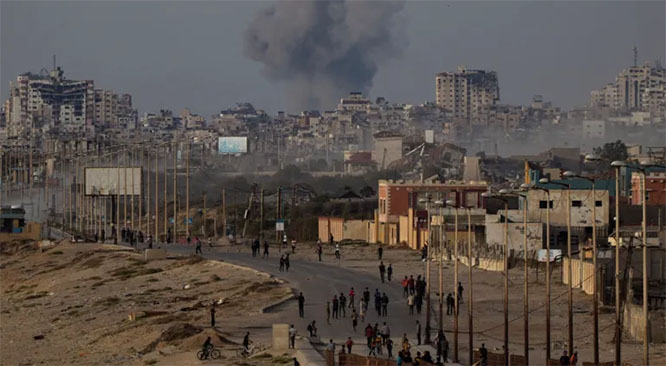Oct 27: UAE's Telecommunications Regulatory Authority (TRA) has called on telecommunications devices retailers to avoid selling unapproved and unlicensed devices in the country and make sure these devices have authentic stickers provided by suppliers before selling them to customers.

The TRA said fake devices can be detected through various ways such as removing the brand logo from the main screen of the device as genuine devices have their brand names etched on the device. The accompanying music when the device is turned on can also show indication if it is counterfeit, as well by checking if the brand name is correctly spelled.
Majed Sultan Al Mesmar, TRA's Deputy Director-General for Telecommunications Sector, said that all imported telecommunications devices are being checked for quality based on the country's standards, which include users' and network's safety. The Type Approval system is approving and registering the telecommunications devices in the UAE before being imported according to specific laws, regulations and technical specifications.
"The TRA is coordinating with government entities to push for monitoring the market, as well as land and sea ports to limit the entry of counterfeit devices and facilitate the efforts to eliminate illegal commercial activities in the country that could threaten the security and safety of the society," Al Mesmar added.
Ahmad Al Shamsi, Senior Manager, Type Approval Section, noted: "We place high priority in the TRA to ensure the certification of all telecommunication devices available in the markets through the implementation of the Type Approval system. Unlicensed devices only poses risks to users' health and general safety due to bad quality and failure to observe safety requirements by manufacturers. These counterfeit brands also lack global technical and health standards. These devices may not be compatible with the approved frequencies in the country and without prior approval from authorised entities, it could lead to technical issues that may affect the user and the network."
"TRA is implementing various inspections in collaboration with its partners to check telcom stores to limit the sale of these unauthorised devices in the country. All consumers should be made aware of the consequences of buying devices that are not certified by the TRA or by trusted outlets. Consumers should get the warranty from the manufacturer or the authorized distributors and they should take a warranty from the store and sales receipt which provides the details about the device," Al Shamsi added.
The Type Approval system for radio and telecommunication devices is a method to verify that gadgets being imported or in-country manufactured devices do match the technical specifications and are duly noted through a registration with the TRA before being sold to retail markets, including tests that ensure the device will not have an adverse impact to consumers or network's employees, and other technical devices, once connected.







Comments
Add new comment